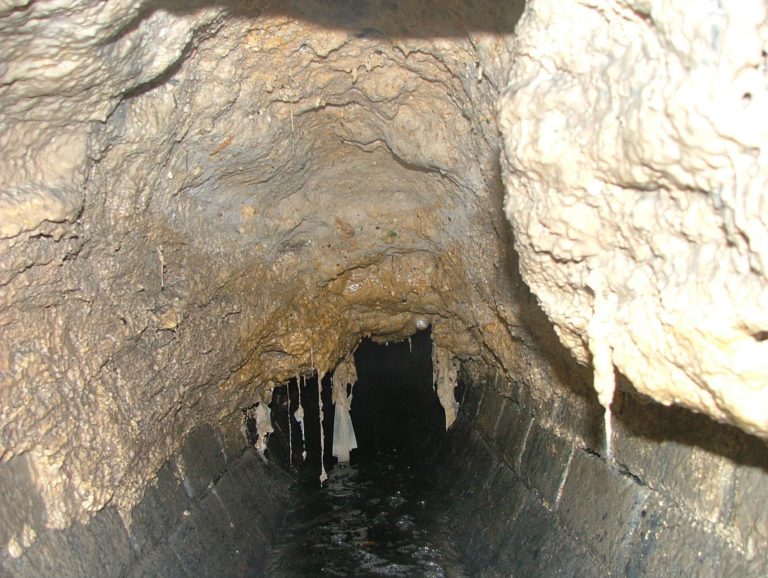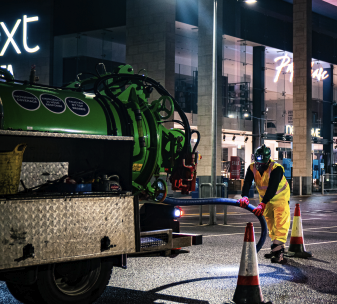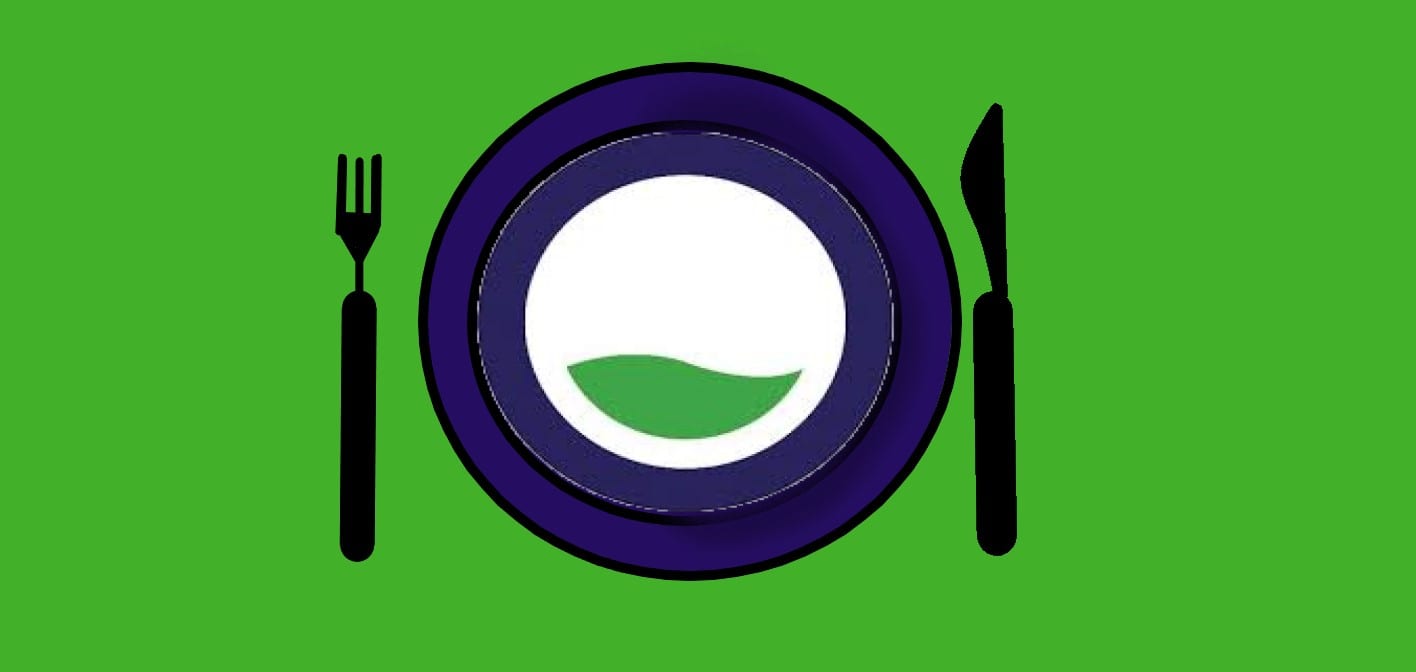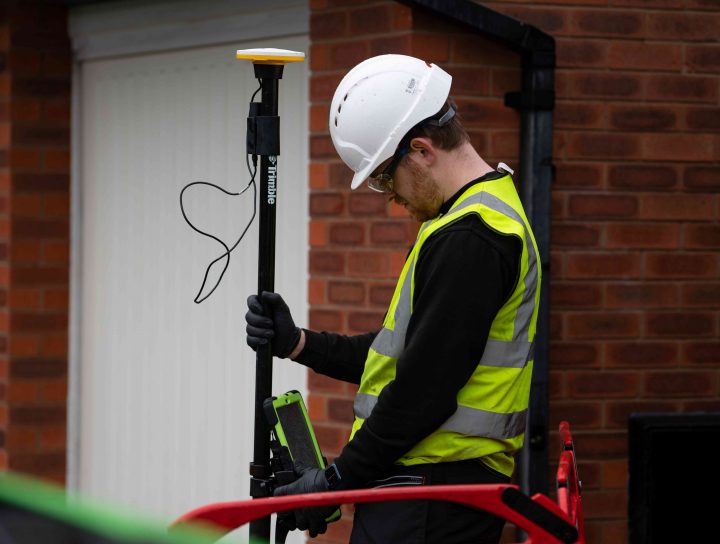A subject has come to our attention recently. There is a new monster lurking in our sewers and drainage systems. We call them Fatbergs and they have become one of the most difficult issues we certainly face in modern times.
What is a Fatberg?
A combination of fats, oils and grease combined with products flushed down the toilet definitely creates a Fatberg. Water congealed with wet wipes, sanitary products and cotton buds clearly cause blockages in your drains. A Fatberg known to be the biggest to date was found in Whitechapel, London. This Fatberg weighed in at 130 tonnes and 250 meters long. That is equivalent to the length of nine double decker buses. It took a specialist team 9 weeks to clear it from the sewers.

A giant fatberg found in the sewers
Did you know?
Around 100,000 tonnes of waste cooking oil is collected from the hospitality industry each year. A large percentage of this is disposed of illegally via drains or sewers. A blocked drain within the boundary of a business is the owners responsibility to unblock. Likewise, it can be expensive to clear a drain backup and a charge can be anything from £90 for a call-out up to £2,000 for unblocking a main sewer. It can be costly for business owners to remove the blockage, consequently a loss of business is costly if they must close whilst work is carried out.
I 1991 the Water Industry Act made it a legal duty for businesses to ensure waste oil to be stored and disposed of correctly. Therefore this act was put into place to prevent waste oil from being disposed of down the drain.
How to stop this from happening?
- Train staff members on the importance of keeping fat, oil and grease and food waste out of drains and sewers.
- Keeping waste fats, oils and greases away from drains and sewers.
- Scrape plates into a bin. Fit sinks with a strainer in the plughole to prevent waste food from going down the drain.
- Install and make use of a grease trap and empty it regularly.
- Collect waste fats, oils and grease in an airtight container to prevent odours, and to avoid attracting vermin.
- Arrange for collection of your used cooking oil from a reputable organisation and retain the Waste Transfer Note for any inspections.
Here at Metro Rod we are equipped to empty your grease traps, service and clean your drains also remove any licenced waste. Don’t leave it until its too late, you don’t want a fatberg on your hands.

Talk to your local Metro Rod specialist
We are always happy to arrange a free site assessment and no obligation quotations for any work you might need. Alternatively, you can call our emergency hotline number on 0800 66 88 00
Get in touch Drainage Services
